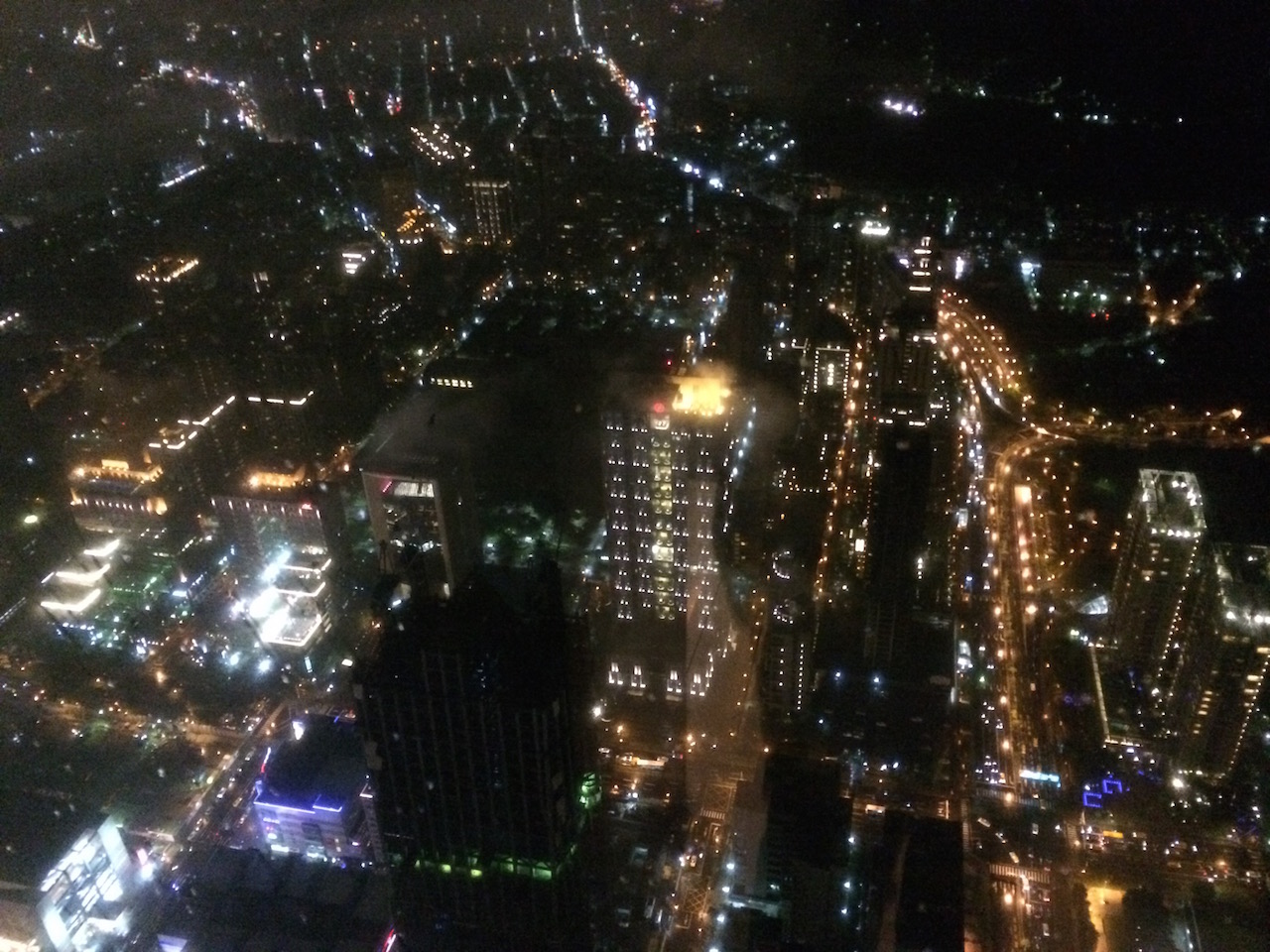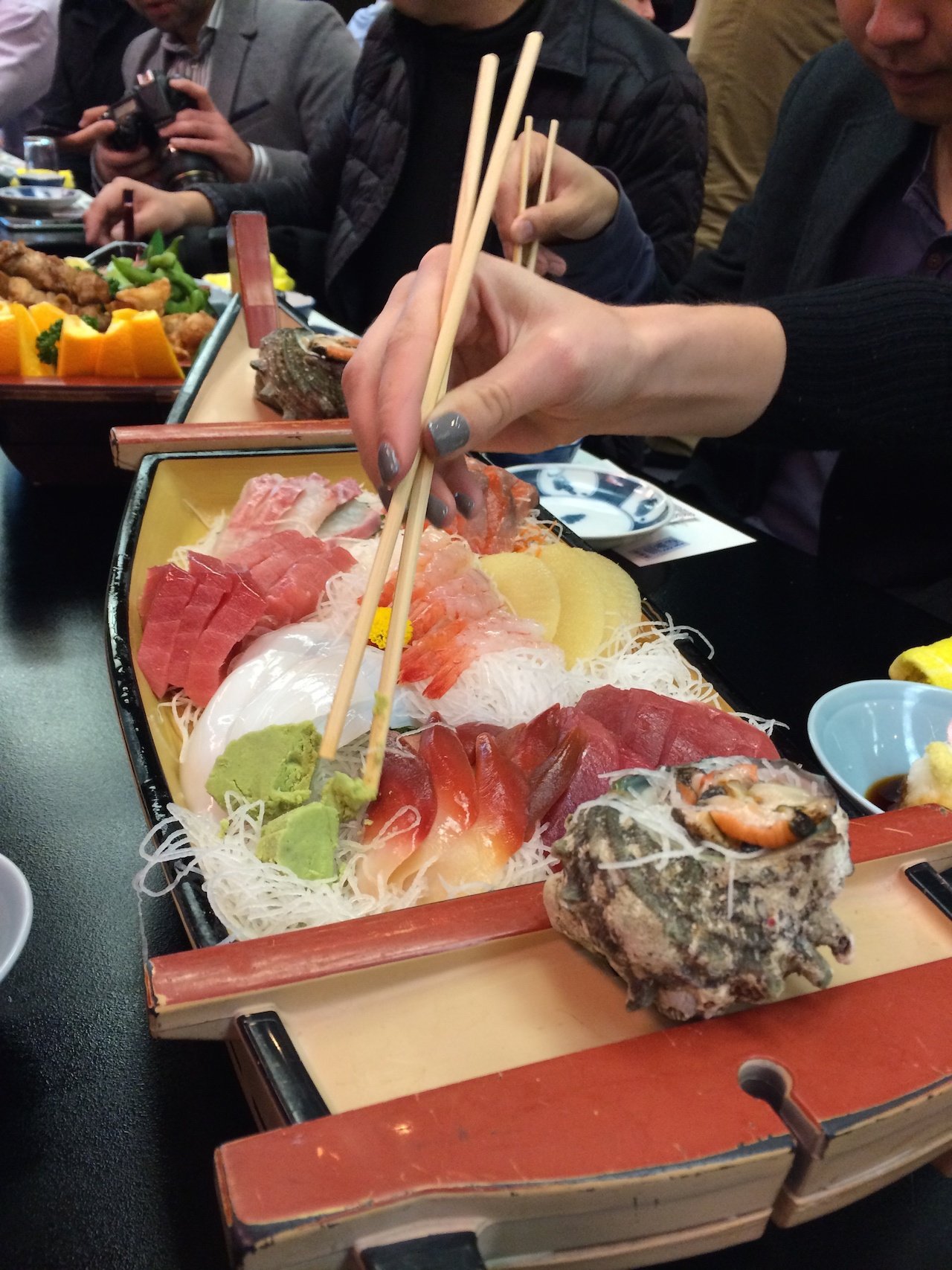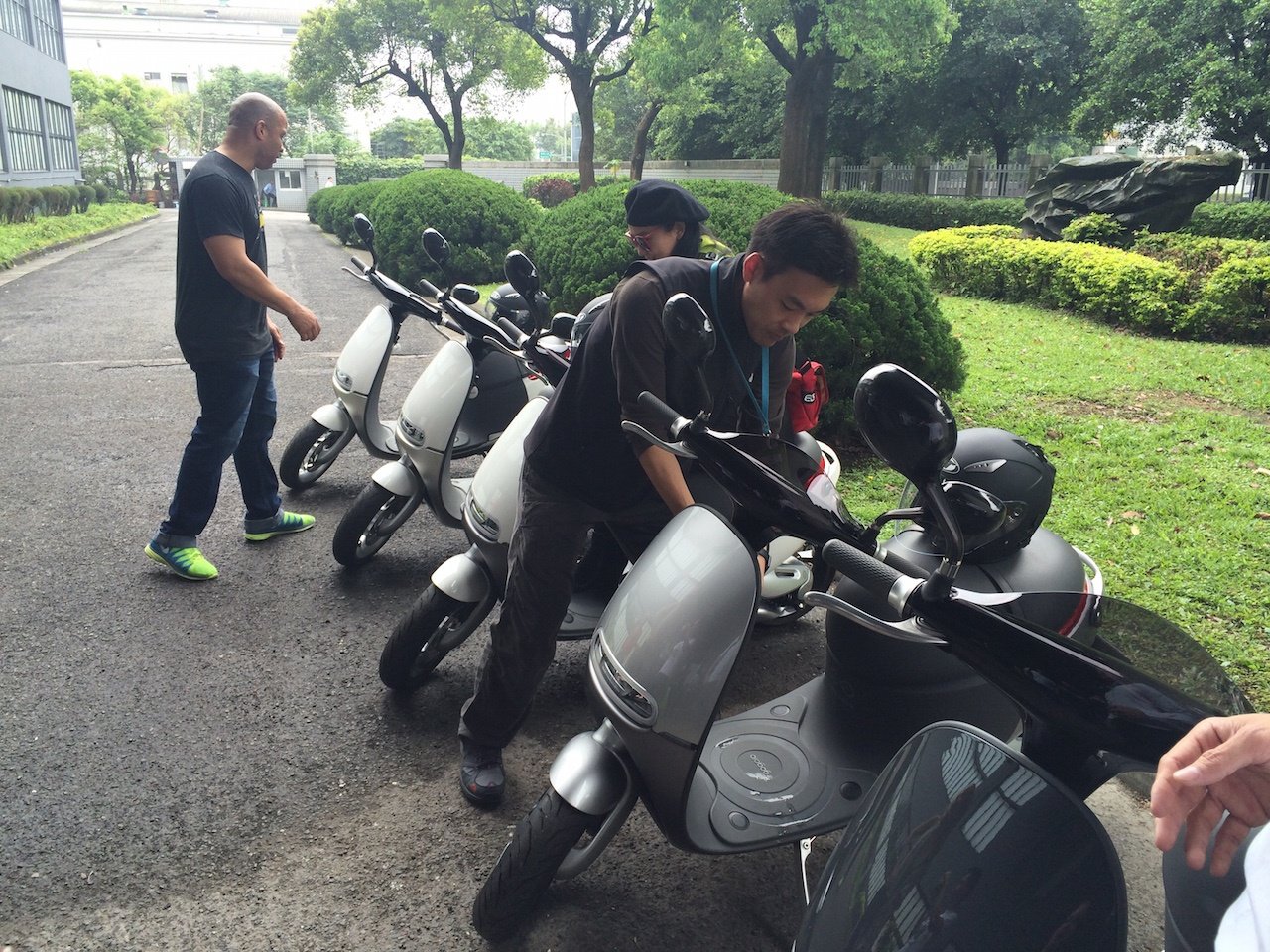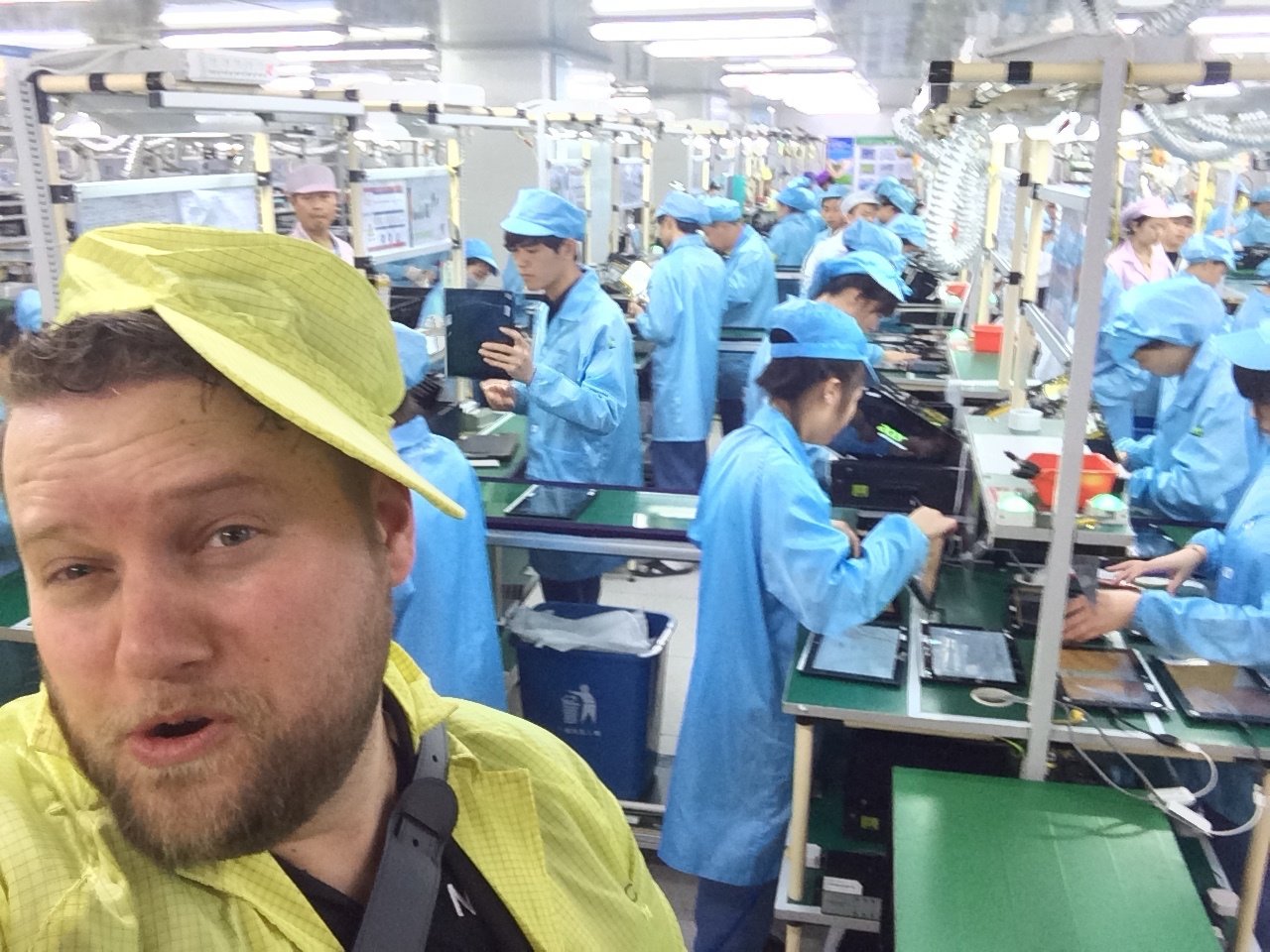For those people, that are being to lazy to visit my Flickr and view my photo's over there.Here are a couple of pictures taken with my old Sweex webcam in infrared modus.
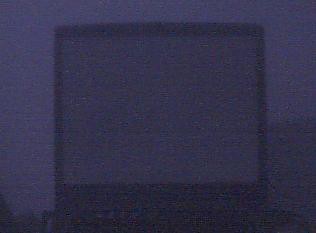
Laptop turned on, inside windows. No image visible in infrared.
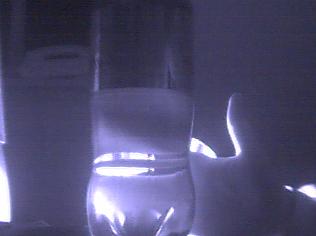
Coca Cola is actually transparent in infrared.
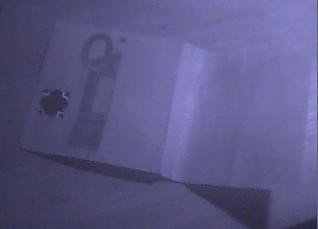
50 euro in infrared. I think the same effect is being created in stores at the cash register. They have these special blue colored thingies they, which they point at your money to verify that it indeed is real money.
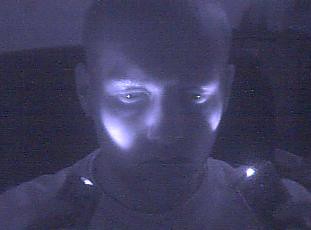
2 infrared blobs created by two tv remotes.
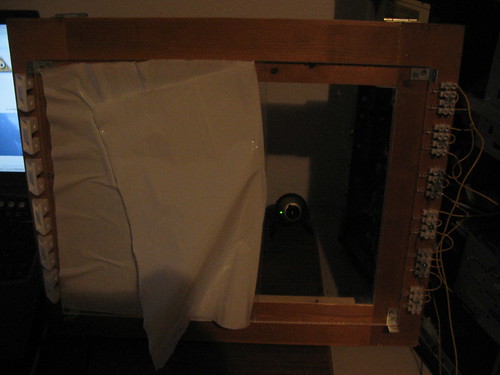
View the white terminal strips / connector strips (in Dutch: "kroonsteentjes") to the right. They hold the leds and connect them with the wire. So from the side the IR gets beamed into the acrylic. Because I was so anxious to put it all together, I made a mistake. The leds should have been put along the long horizontal side (bottom and top) of the acrylic, which I lateron corrected. This is because of a better optical performance. You could also put leds along all 4 sides of the acrylic. That's up to you.
Notice the camera (with the small green light) behind the acrylic to detect the IR blobs as soon as a finger touches the acrylic.
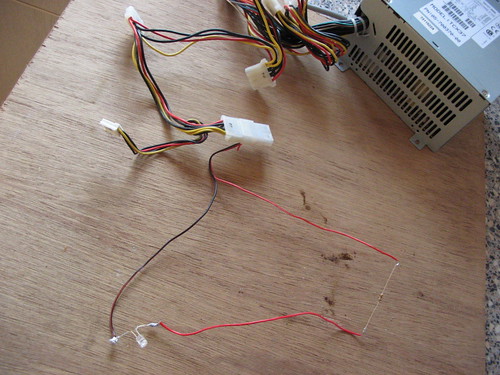
I created a simple circuit just for testing purposes. PSU (power supply unit, red wire (plus), resistor, led, black wire (minus).
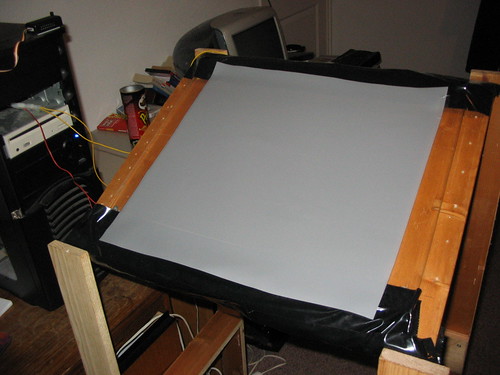
I cut a piece of Rosco rear projection screen and put it on top of the acrylic. Now a beamer can beam an image on this screen. Downside is, there is hardly any FTIR effect if you touch the projection screen. The blobs are really vague and unusable.
I'll talk about this problem in future posts.
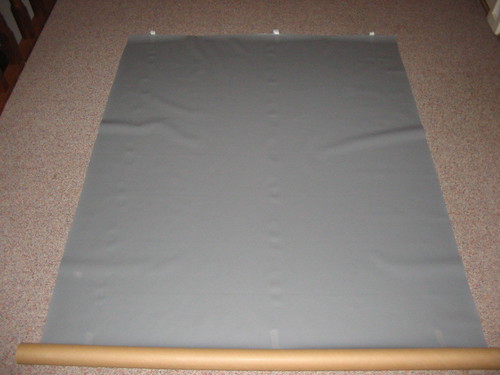
This is the uncut Rosco rear projection screen that got shipped from the UK. It was about 40 euros including VAT and shipping costs. Size 1.20 * 1.40 m or so. Eventhough it's a perfect projection screen, I wouldn't suggest buying it since the material is not good as a surface compliant overlay. You might as well use tracingpaper, which is alot cheaper. 25 eurocents for a a3 piece or so. You'll be amazed how clear this tracingpaper displays the beamed image.
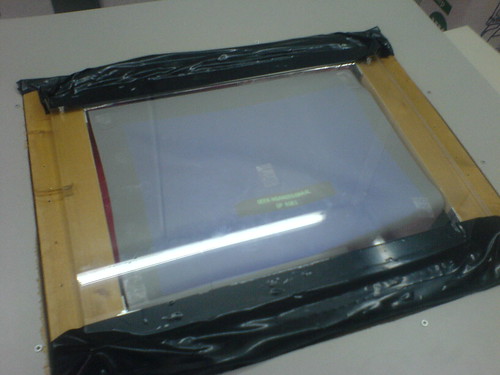
The first shabby crap ass prototype of our screen, with the Rosco projection screen placed below the acrylic.

 3-in-1 Mic
3-in-1 Mic

